One of the most heartbreaking decisions an adult child will ever make is asking an aging parent to leave his or her home. All too often, the elderly face a hardship case brought on by illness, an inability to care for ones self, the loss of a spouse or financial struggles.
With over 1.4 million residents in the United States alone, the most common solution at this point in life has been to send loved ones to assisted living facilities or nursing homes when all independence is lost.
Unfortunately, with the rise of Covid-19 in the United States, these facilities are extremely high-risk environments for senior citizens.
If you find yourself in this situation, it can be overwhelming to you consider options for your elderly parent.
The Problem with Living at Home
Your parent’s first choice is to stay at home. It’s understandable. This is the place that is familiar, where memories have been made. Friends and good neighbors may surround them. Home can allow your aging parent to remain in his or her comfort zone. However, it may not be possible to allow your mother or father to live alone any longer. Your parent may be facing many challenges, such as:
- Repeated falls
- A loss of memory
- A health condition that requires special care
- The inability to prepare meals
- Difficulty preparing meals
- Challenges with personal hygiene
- A long list of medications that must be taken every day
You may have tried to let your elderly parent live alone only to regret it. You may see your parent’s health begin to fail. It is so painful to see your loved one struggling. This is the person who took care of you throughout your childhood. You want to repay that kindness to the best of your ability, but oftentimes you cannot be with your parent. The only way to live at home will be with support where trained professional caregivers are a common solution.
The Reality About Home Health Aides
Many elderly individuals receive help from home health aides while living independently. Health insurance may cover some of these costs. However, it is an expensive solution. All too often, people can only afford to bring help in for a few hours a day. Your parent may need more assistance. It would be different if you lived right next door. When you live too far away, you worry about your loved one’s welfare.
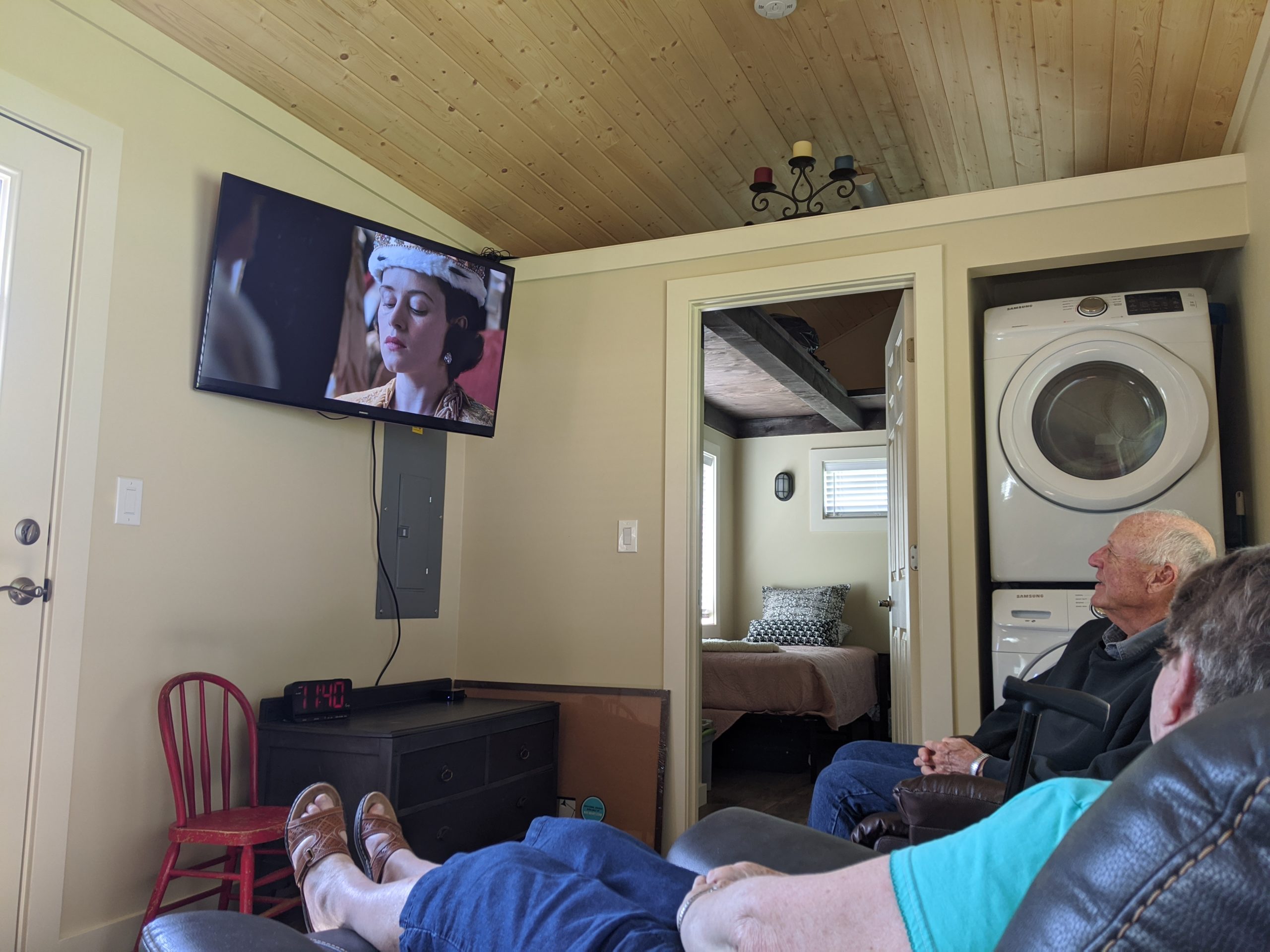
The Drawbacks of Assisted Living
Many people choose assisted living for an elderly parent when independent living is no longer possible. This can be a traumatic experience for an aging individual. Many will decline when they are no longer in their familiar surroundings. They long to be near their neighbors in the place they know best. Assisted living facilities are often short on staff. As a result, your elderly parent may not get the quality of care you want to see.
Assisted living facilities can be extremely expensive. State-run facilities may be the least costly alternative. However, you will sacrifice the level of care and comfort your loved one receives. If you choose a private facility, you will probably end up signing over your aging parent’s home and assets to provide for his or her care. Worst of all, you can’t buy happiness. You may find a way to pay an exorbitant price for your aging parent only to see the person you love filled with despair.
Consider an Assisted Living Alternative that Makes Everyone Happy
Before you hire full-time health aides or send your parent away to an assisted living facility far from home, you have another option that is growing in popularity: a tiny home.
People are getting extremely creative when it comes to creating alternative living accommodations for their aging parents. There are several ways that you can establish a tiny home on your property:
- Build it yourself or hire a contractor
- Purchase a ‘tiny home on wheels’ or RV
- Work with a modular home builder
You need to think about the home that will fit your situation best. Each option has both advantages and disadvantages.
Build One From Scratch
If you are able to build or you know someone with carpentry skills, you can do it yourself. This allows you to design the home completely from scratch, including defining features and a layout that accommodates your parents specific needs, like avoiding steep steps, maintaining ADA compliance or keeping the home on a single floor. A custom tiny home also let’s you pick the exact quality the structure is built to.
Conversely, custom homes are usually far more expensive. The plans must first be produced, then engineering reviewed. The property owners need to apply for permits with their local jurisdiction, which then can potentially then require additional fees be paid and surveys completed (better hope you don’t have any Mazama Pocket Gophers on your property!).
Purchase a Home on Wheels
The easiest solution is to simply find a new or used RV in your local area. There are also a growing number of amateur and start-up ‘tiny home on wheels’ builders. Both offer a cheap and quick answer to your needs, but don’t come without their downsides.
RVs and unregulated tiny homes are not required to meet the same standards that a traditional home must, which means sacrificing comfort, quality and safety. Winters are particularly cold and summers hot due to a lack of high-efficiency insulation. Lofts are used for valuable storage but are hard to reach. Because the home isn’t on a proper foundation it can’t be permitted, and in many areas thus cannot legally be inhabited long-term. Deterioration of the structure also tends to occur much quicker than homes that meet International Building Code.
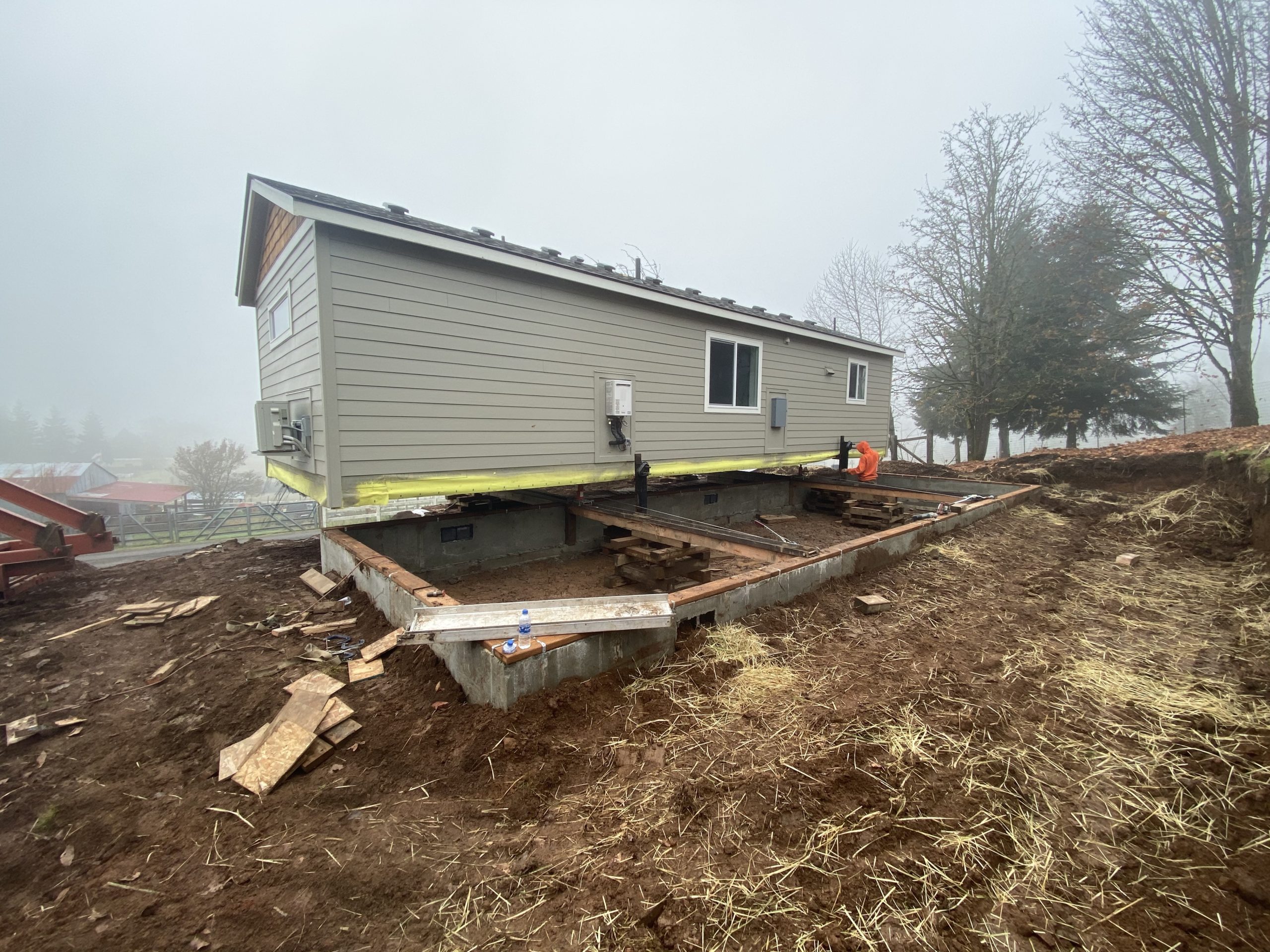
Connect with a Prefab ADU Builder
An excellent middle ground is finding a local modular tiny home or accessory dwelling unit builder. Because the home is modular, the manufacturer usually offers a number of preapproved plans, cutting out the cost of structural engineering while still allowing you to customize the rest of the home. Some manufacturers even offer permitting, site work and delivery services for their homes, removing the need to subcontract out responsibilities like forming the foundation or connecting the home to water, electric or septic.
The quality of a prefabricated home can also meet – and in some cases exceed – a traditional home built to IBC criteria, helping to keep the home energy efficient, reduce maintenance and improve longevity. Interestingly, these homes can be produced faster than on-site structures, as they are able to be built year round due to their indoor factory-line construction process.
A down-side of a permitted home, of course, is that it is no longer mobile.
Keep Your Elderly Parent Close to You
Distance may be the biggest challenge when your aging loved one is still living at home. Even if you are no longer working, you can’t be in two places at once. Choosing to establish a tiny house on your property can bring your parent to you. You’ll also provide your parent with companionship and assistance in daily tasks. You can allow your parent to have some independence at the same time.
Give Your Parent the Give of Personal Space
Moving your parent into your own home or a facility means robbing your loved one of privacy. A tiny house will allow your loved one to have personal space. At the same time, you will be able to enjoy your living arrangements as well. Let your aging parent be a part of the decision-making as you set up a tiny house on your property.
Being involved will give your loved one ownership, making the transition to a new home easier.
Enjoy Peace of Mind
A tiny house will give you the peace of mind that comes with knowing your aging parent is within reach. Check in every day to assist with medication, grooming, and light housekeeping. Enjoy spending quality time with your loved one in the golden years. You can even set up video surveillance to monitor your mother or father. Life alert services are helpful as well. If there is a fall or any other problem, you will know right away.
Begin every day checking in on your aging parent. Have the pleasure of personally saying good night. Enjoy each other’s company without feeling crowded.
Make a Difficult Conversation Much Easier
You may be dreading the moment you have to tell your aging parent living in his or her home is no longer possible. You can make this discussion easier by offering your loved one the opportunity to live close to you. It’s better than sending your mother or father to a facility with strangers. Your parent won’t need to be lonely anymore. You will be available to offer any support that is needed.
If you do need more assistance, home health aides may only be necessary for a few hours a day. Start exploring options for a tiny house for your loved one that is more than a guest house. Give your parent the comforts of home and the security that comes with knowing you are right next door.
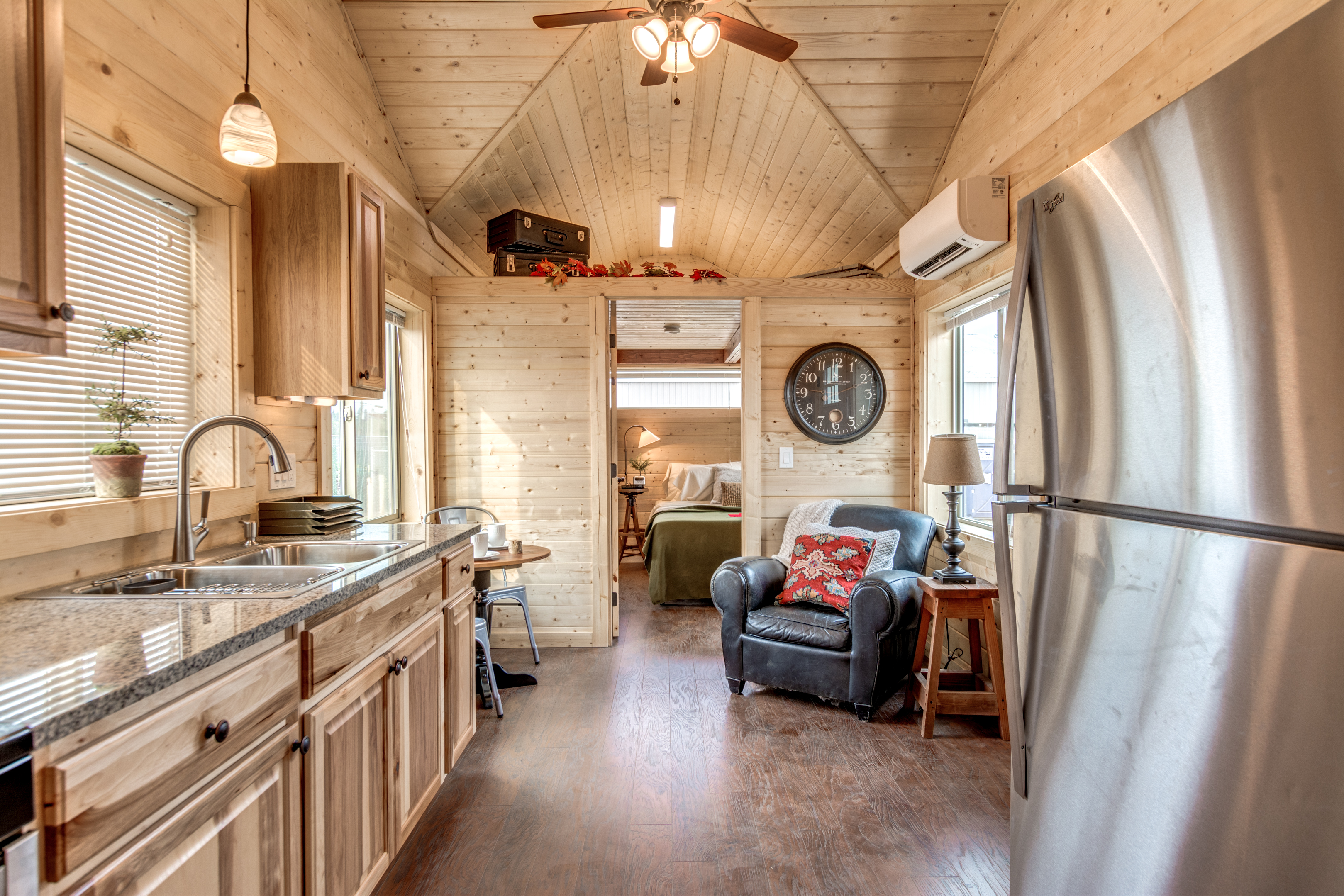
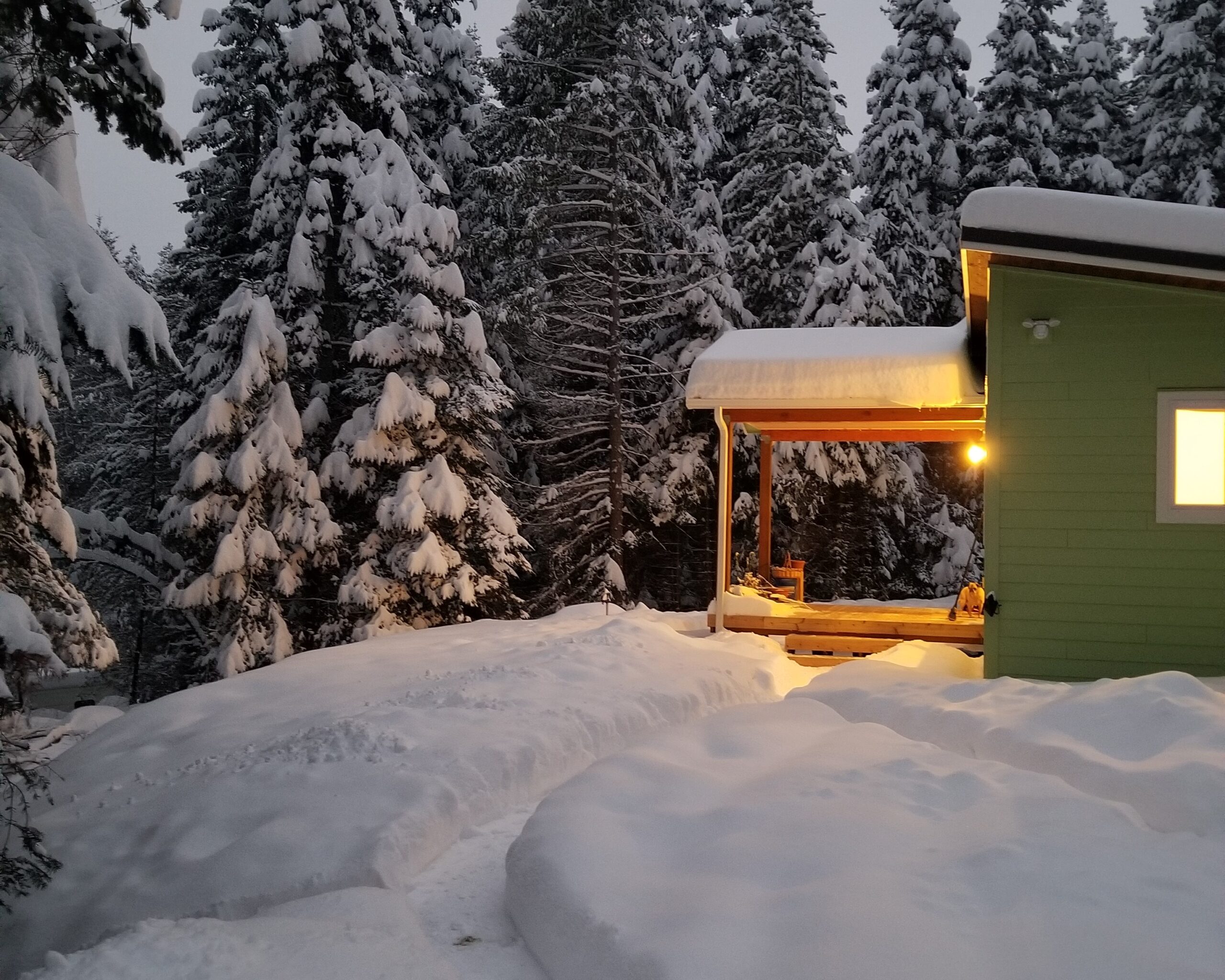


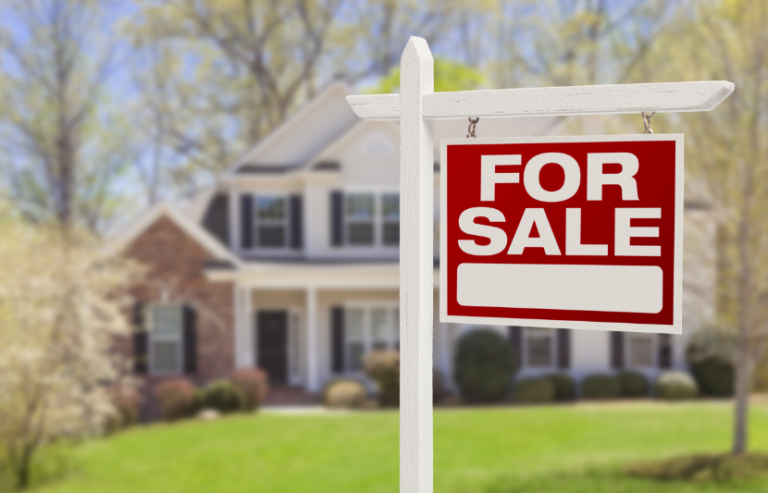
Leave A Comment